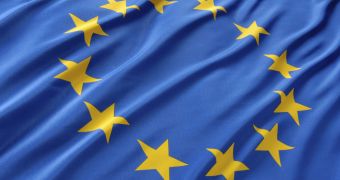The European Union is finally making its voice known when it comes to NSA spying on its citizens. The European Parliament is getting ready to vote on a new set of altered data protection rules on Monday, October 21.
The new laws would ban the transfer of all European data to third countries unless based on EU law or following a transatlantic pact with Americans complying with EU law, the Guardian reports.
Thus, US Internet companies and social media providers would need to follow European law or they’ll get fines running into billions of euros.
The new rules aren’t actually new, since they’ve been proposed some two years ago, but heavy lobbying from Washington removed it from the EU’s immediate agenda.
Recent NSA leaks have brought the issue back, stressed by the fact that the US had been spying on EU diplomats.
Now, the MPs behind the draft are asking for a new transatlantic pact that would force American companies to respect European laws.
“Without any concrete agreement there would be no data processing by telecommunications and Internet companies allowed,” the summary states simply.
The fines the companies could end up paying could go up to two percent of a company’s annual global turnover, says the European Commission, while the European Parliament calls for harsher punishments, raising the share to five percent.
Justice Commissioner Viviane Redding has said there would be no legal loopholes in the project, but some parliament members aren’t too sure the US intelligence agencies wouldn’t find ways to bypass the new rules.
Furthermore, the new laws have no power over European security or intelligence services of the EU member states, which have different approaches to data privacy issues.
“This regulation doesn’t regulate the work of intelligence services. Of course, national security is a huge loophole and we need to close it. But we can’t close it with this regulation,” said German MEP Jan Philipp Albrecht.

 14 DAY TRIAL //
14 DAY TRIAL //